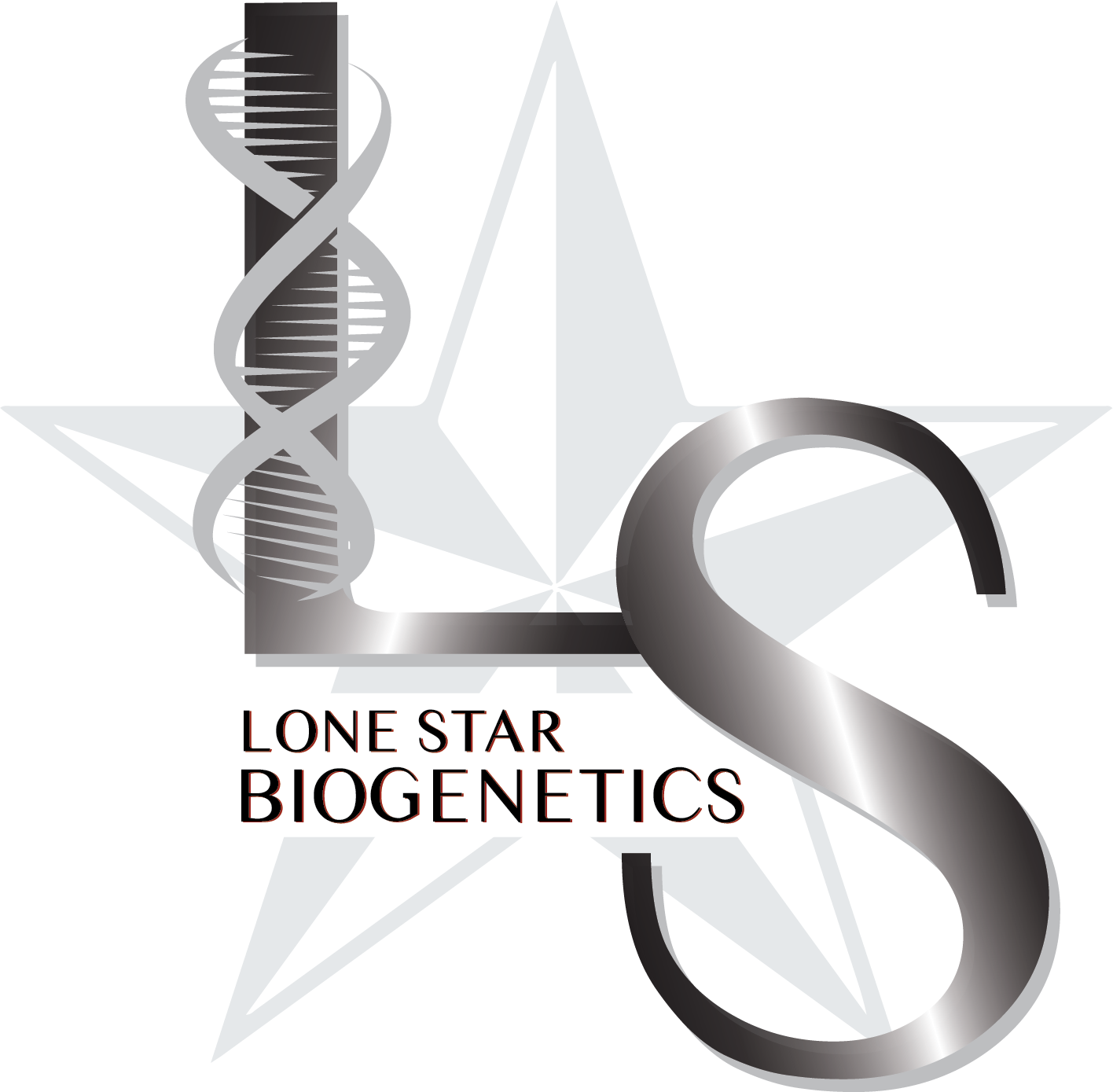Get in touch
+44 1632 96099
mymail@mailservice.com
What Are Exosomes?
Although stem cell-based therapy has demonstrated considerable potential to manage certain diseases more successfully than conventional surgery, it nevertheless comes with inescapable drawbacks. Compared to stem cells, stem cell-derived exosomes possess numerous advantages, such as non-immunogenicity, non-infusion toxicity, easy access, effortless preservation, and freedom from ethical issues.
Exosomes can inherit similar therapeutic effects from their parental cells such as embryonic stem cells and adult stem cells through vertical delivery of their pluripotency or multipotency. Exosomes derived from stem cells (e.g., embryonic, induced pluripotent, hematopoietic, mesenchymal, neural, and endothelial stem cells) can treat numerous diseases encountered in orthopedic surgery, neurosurgery, plastic surgery, general surgery, cardiothoracic surgery, urology, head and neck surgery, ophthalmology, and obstetrics and gynecology. Stem cell-derived exosomes are a viable and potent alternative to mainstream surgical procedures in managing various conditions without surgery.
The Little Things
Stem cell-based therapy, as a modality of regenerative medicine, has generated tremendous attention, as it offers new options for patients suffering from previously incurable diseases. Subsequently, thousands of related clinical trials have been registered, covering a wide spectrum of medical problems, such as musculoskeletal and neurological disorders, immune diseases, hematological dysfunctions, and degenerative conditions. There are limitations to Stem cells though.
Exosomes
Exosomes, secreted by almost all cell types including stem cells has been posited as a safer and more versatile alternative to stem cell therapy.
Exosomes are nanoscale, spherical, and lipid bi-layered single membrane extracellular vesicles, which act as intercellular messengers. Exosomes have been regarded as miniature versions of their parental cells, partially because exosomes from a certain cell type provide cell-specific or unique sets of biomolecules. Stem cell-derived exosomes (SC-Exo) inherit similar therapeutic effects from their parental cell of origin, e.g., anti-inflammation, immunomodulation and tissue regeneration. Collectively, stem cell-derived exosomes are a potent surrogate for stem cell therapy without exhibiting the disadvantages their cellular counterparts present.
At Lone Star Biogenetics we are utilizing this new advance whenever possible to help patients heal with less pain and less expense.

Mailing Address:
4416 Briarwood Ave Ste 110212
Midland, TX 79707
Physical Address:
3403 Andrews Hwy. Ste 100
Midland, TX 79703
